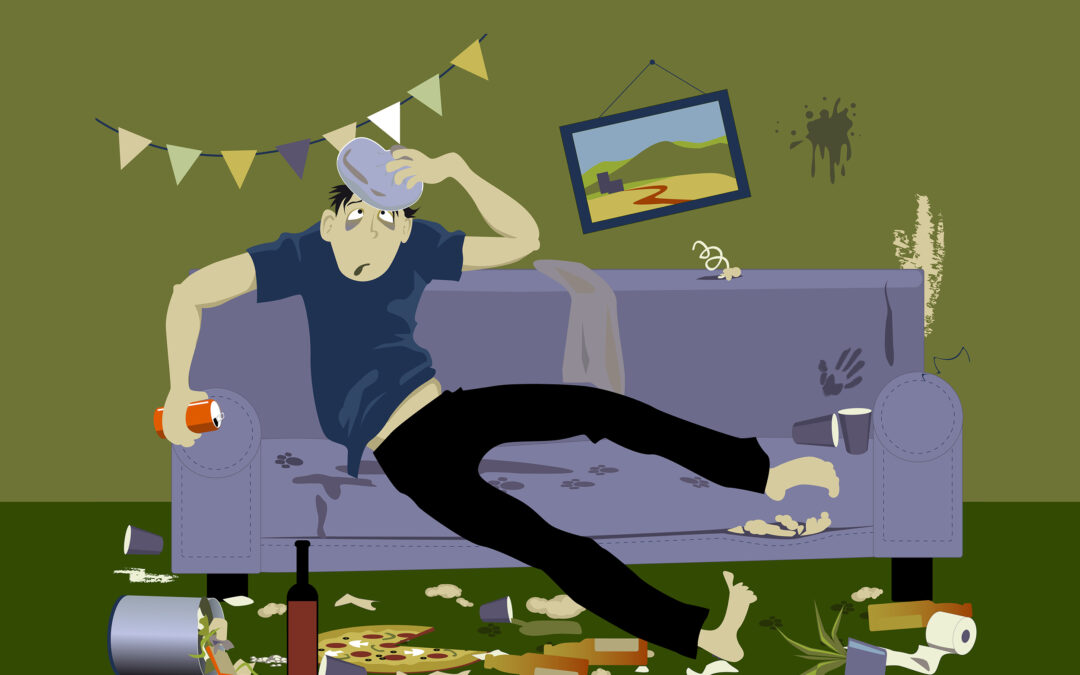Binge drinking is a concerning pattern of alcohol consumption that poses significant risks to both physical and mental health. As a sobriety counselor, it is crucial to shed light on what constitutes binge drinking and the detrimental effects it can have on individuals. In this blog post, we will delve into the definition of binge drinking, explore its potential consequences on various aspects of health, and emphasize the importance of making informed choices regarding alcohol consumption.
I. Defining Binge Drinking:
Binge drinking is typically defined as consuming a large quantity of alcohol in a short period, leading to a rapid increase in blood alcohol concentration (BAC). The precise quantity of alcohol that defines a binge can vary, but generally, it refers to consuming four or more standard drinks for women and five or more for men within a span of about two hours.
II. Immediate Physical Effects of Binge Drinking:
- Impaired judgment and decision-making: Alcohol affects the brain, leading to diminished cognitive functions, impaired judgment, and compromised decision-making abilities. This can result in engaging in risky behaviors or making poor choices.
- Increased risk of accidents and injuries: Binge drinking elevates the risk of accidents and injuries due to impaired coordination, decreased reaction time, and compromised motor skills. This includes car accidents, falls, burns, and other traumatic incidents.
- Alcohol poisoning: Consuming large amounts of alcohol within a short timeframe can overwhelm the body’s ability to process it. Alcohol poisoning, a potentially life-threatening condition, can occur, leading to symptoms such as confusion, vomiting, seizures, and even coma.
III. Long-Term Health Effects of Binge Drinking:
- Liver damage: The liver is responsible for metabolizing alcohol, and excessive consumption over time can lead to serious liver conditions such as alcoholic hepatitis, cirrhosis, and liver cancer.
- Cardiovascular complications: Binge drinking can increase the risk of developing cardiovascular problems, including high blood pressure, irregular heart rhythms, heart attacks, and stroke.
- Mental health consequences: Alcohol has profound effects on mental health, and binge drinking can exacerbate mental health disorders such as anxiety, depression, and substance use disorders. It can also contribute to poor sleep quality and cognitive impairments.
- Increased risk of addiction: Frequent episodes of binge drinking can lead to the development of alcohol use disorder (AUD), a chronic condition characterized by compulsive alcohol use and difficulty controlling consumption.
IV. Binge Drinking and Relationships:
Binge drinking can strain relationships with family, friends, and romantic partners. Intoxication may lead to arguments, violence, or neglect of responsibilities, damaging trust and creating emotional distance.
V. Making Informed Choices:
- Understanding standard drink measurements: It is crucial to know what constitutes a standard drink to track alcohol consumption accurately. In the United States, one standard drink generally contains about 14 grams of pure alcohol.
- Recognizing personal limits: Each individual’s tolerance and response to alcohol can vary. Understanding personal limits and practicing moderation is vital for minimizing potential harm.
- Seeking support and alternative activities: If binge drinking becomes a concern, seeking support from friends, family, or professionals can help in developing healthier coping strategies and finding alternative activities to engage in.
Binge drinking poses significant risks to both physical and mental health. It is essential to be aware of the potential consequences associated with excessive alcohol consumption, such as impaired judgment, increased risk of accidents, and long-term health effects. Making informed choices, seeking support, and adopting healthier alternatives can contribute to a fulfilling and healthier lifestyle. Remember, prioritizing your well-being and fostering positive relationships are keys to a fulfilling life free from the harms of binge drinking.

